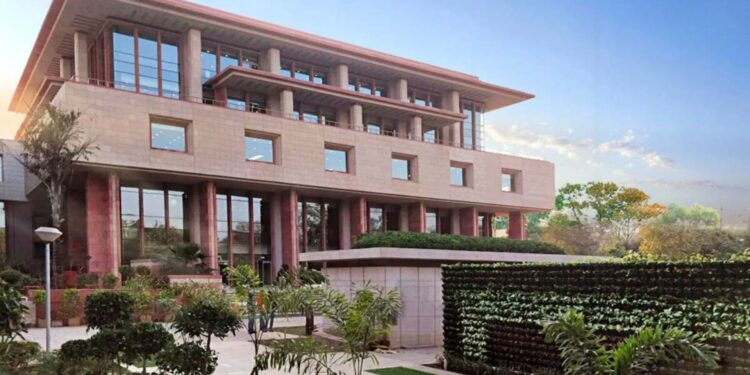Delhi High Court Dismisses Petition Challenging CAT 2024 Results
The Delhi High Court on Tuesday rejected a plea challenging the results of the Common Admission Test (CAT) 2024, conducted for admissions to Indian Institutes of Management (IIMs) and other leading business schools (Aditya Kumar Mallick v. Union of India & Anr).
Court’s Observations
Justice Tara Vitasta Ganju dismissed the petition filed by CAT candidate Aditya Kumar Mallick, who alleged that an error in the provisional answer key had affected the final results. The Court emphasized that it found no reason to interfere in the matter.
“The entire case of the Petitioner is based on inferential reasoning,” the Court stated. “Judicial interference is warranted only when there is a demonstrable and glaring error, not when conclusions are drawn through a process of rationalization.”
The Court underscored that the autonomy and integrity of academic boards must be preserved, and interference in such cases should remain an exception.
Key Arguments
The petitioner contended that one of the answers in the comprehension section was incorrect in the final answer key and that the issue was supported by several experts and coaching institutions. Mallick also noted that 272 objections were raised by candidates regarding the same question.
Advocate Praveen Kumar Singh, representing Mallick, argued that IIM Calcutta, which conducted CAT 2024, did not adequately justify its stance and declared the results hastily on December 19, leaving candidates insufficient time to take legal recourse.
Singh urged the Court to annul the CAT 2024 results and appoint an expert committee to reassess the disputed answers. He also referenced a recent Delhi High Court directive revising the results of the Common Law Admission Test (CLAT) due to errors in its final answer key.
Respondent’s Stand
Senior Advocate Arvind Nayar, representing IIM Calcutta, argued against any intervention, asserting that the objections had already been reviewed by a Subject Matter Expert (SME) panel. He maintained that a personal difference of opinion did not undermine the credibility of the SME committee.
Nayar submitted a sealed cover containing the credentials of the experts to the Court, reinforcing the impartiality of the evaluation process.
Judicial Reasoning
Justice Ganju highlighted that the petitioner’s arguments relied on inferential reasoning rather than concrete evidence of error. The Court observed:
- The sanctity of the examination process must be upheld by limiting judicial interference in academic matters.
- For an answer key to be deemed incorrect, the error must be glaring and demonstrated, not inferred through analysis.
The Court further noted that the law permits judicial review in academic disputes only in exceptional cases where egregious errors are evident, which was not the case here.
Background
CAT 2024 was conducted on November 24, with a provisional answer key released on December 3. The petitioner challenged the accuracy of one question’s answer key, claiming it unfairly impacted his score.
The plea was ultimately dismissed, with the Court affirming that the examination authority’s findings deserved deference.
Legal Representation
- For the Petitioner: Advocates Praveen Kumar Singh, Sanal Nambiar, Ishita Goel, Chetna Singh, and Charu Singh.
- For IIM Calcutta: Senior Advocate Arvind Nayar, instructed by the team of Fox & Mandal led by Advocate Kunal Vajani, alongside advocates Kunal Mimani, Sharmistha Ghosh, Kartikey Bhatt, and Tanish Arora.
- For the Centre: Government counsel Balendu Shekhar, with advocates Krishna Chaitanya and Rajkumar Maurya.
The ruling underscores the judiciary’s restrained approach toward academic matters, reiterating its deference to expert bodies in competitive examinations.

















